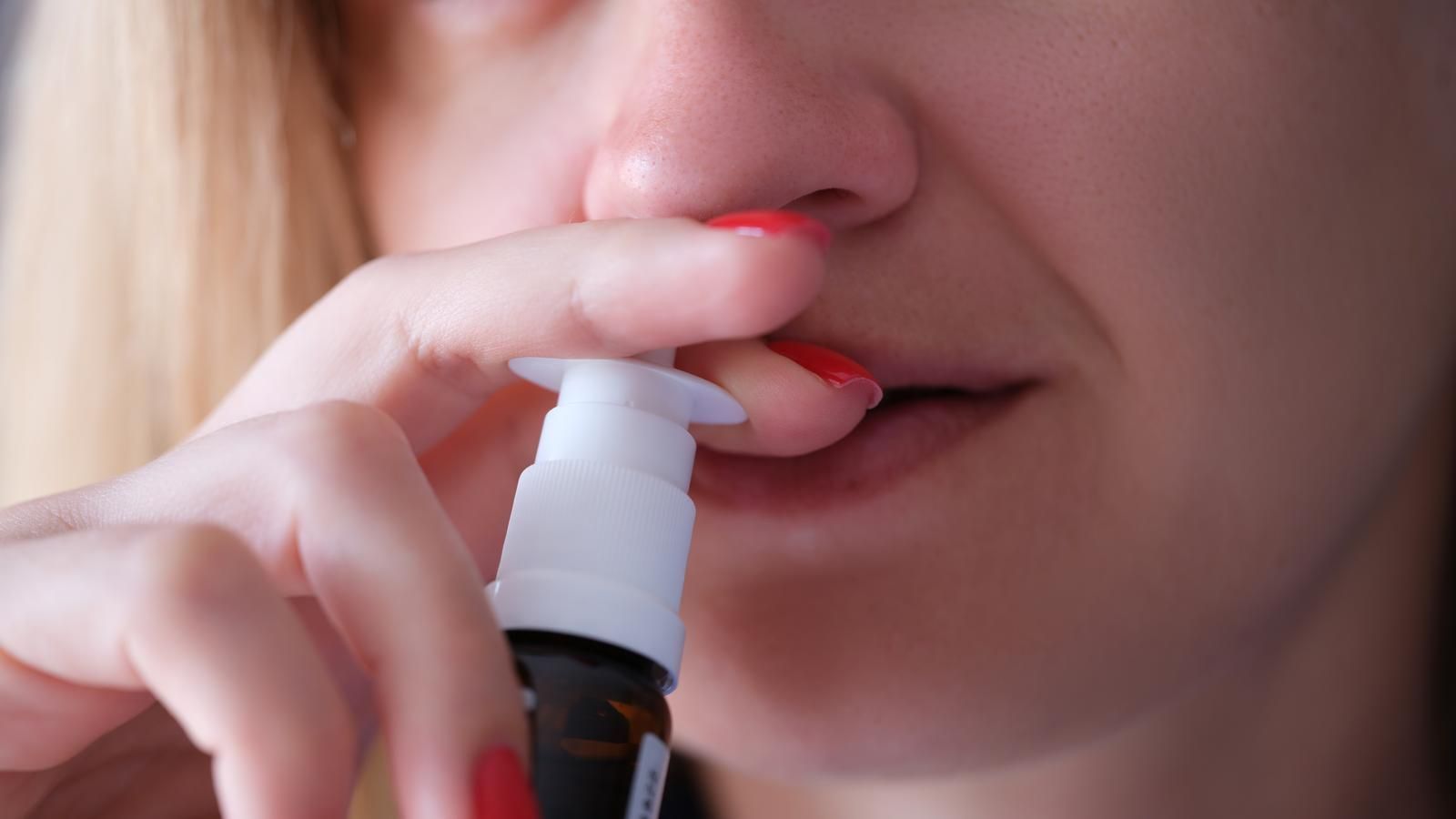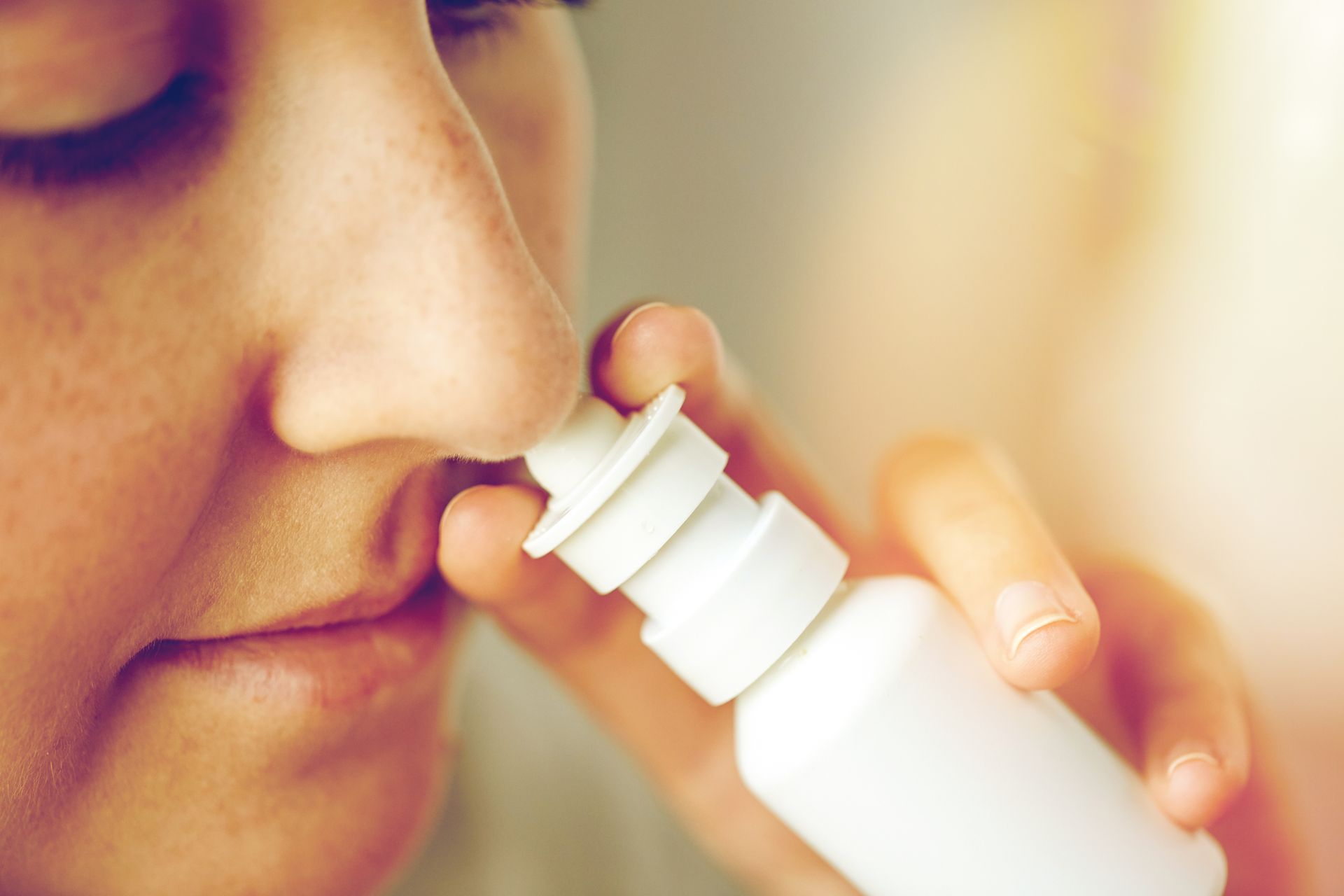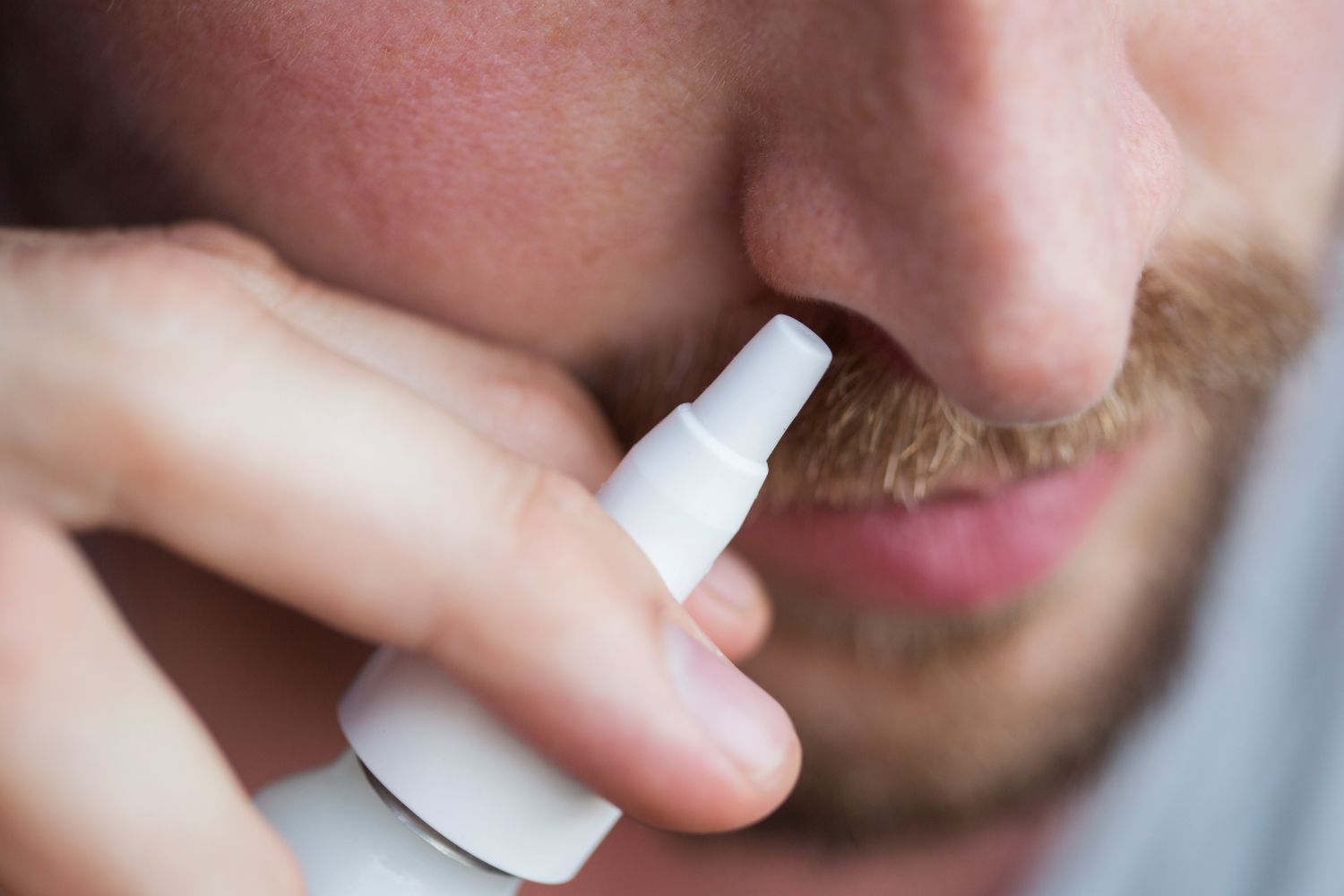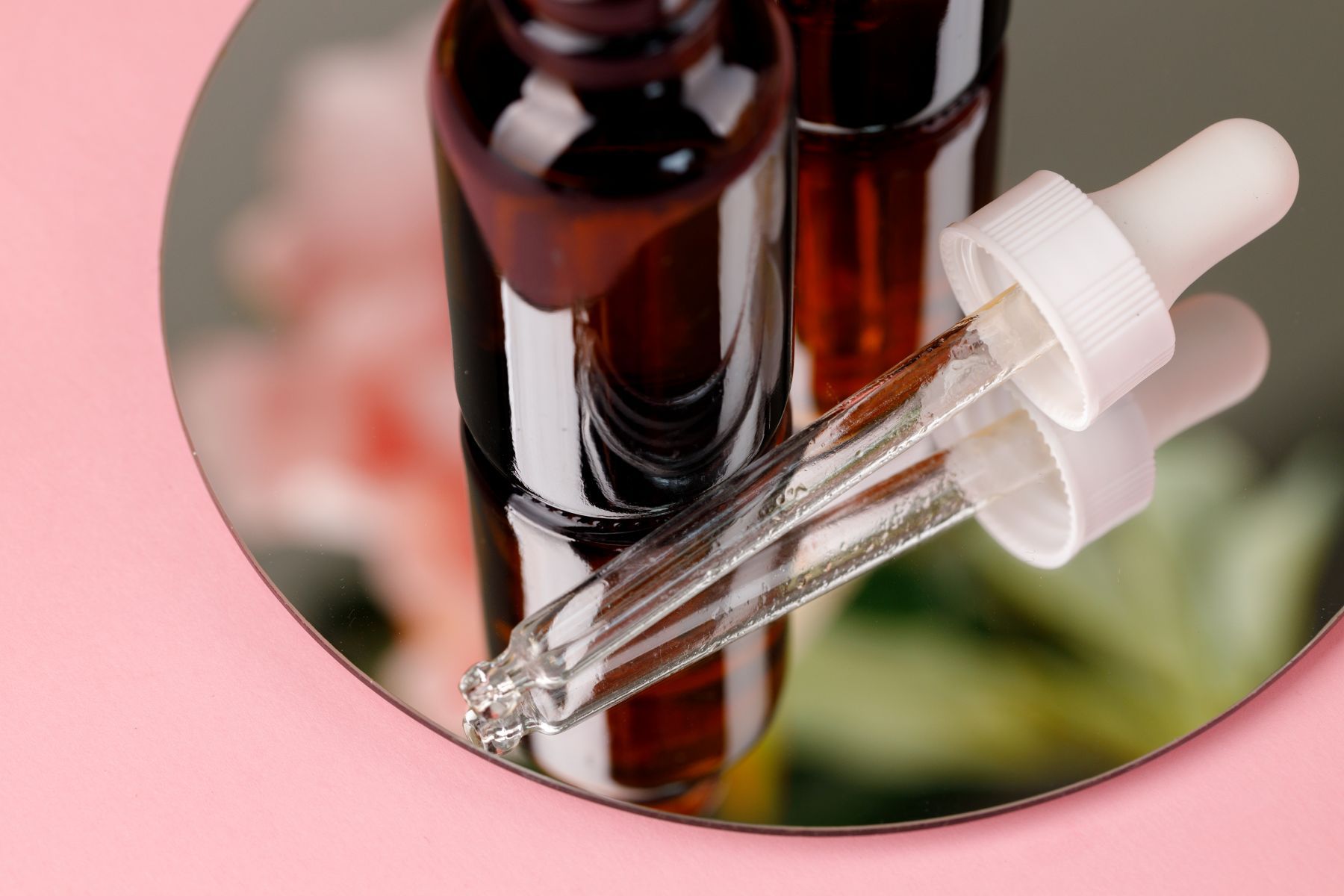How to Moisturize Nasal Passages
Dry nasal passages can lead to discomfort and even nosebleeds. This blog will explore methods to effectively moisturize your nasal passages and maintain optimal nasal health.

Understanding the Causes of Dry Nasal Passages
Dry nasal passages can result from various factors such as low-humidity environments, dehydration, allergies, colds, medications, and aging. These conditions cause discomfort due to the reduced ability of the nasal passages to filter and humidify the air we breathe. When the humidity is low, especially during winter months or in air-conditioned rooms, the moisture in the nasal passages can evaporate more quickly, leading to dryness. Dehydration, whether from inadequate fluid intake or excessive fluid loss, reduces the overall moisture available in the body, including in the nasal tissues.
Allergies trigger inflammation and can dry out the nasal passages as a side effect of increased mucus production. Colds and other respiratory infections often cause nasal congestion and irritation, which can contribute to dryness when over-the-counter decongestants are used for relief. Many medications, such as antihistamines and certain blood pressure drugs, have a drying effect on mucous membranes. Additionally, as people age, their bodies produce less moisture naturally, which can make older adults more susceptible to dry nasal passages.
To alleviate dry nasal passages, individuals can use humidifiers to add moisture to the air, stay well-hydrated by drinking plenty of fluids, and apply saline sprays or gels to keep the nasal tissues moist. Avoiding irritants such as smoke and strong odors can also help minimize dryness. In persistent cases, consulting a healthcare professional may be necessary to identify underlying causes and receive appropriate treatment.
Here's a summary of the factors that cause a dry nose.
Environmental Factors
Low humidity levels, especially during winter months or in arid climates, can lead to dry nasal passages. The use of heating systems can exacerbate the problem by further reducing indoor humidity levels.
Dehydration
Insufficient fluid intake can lead to dryness in the body, including the nasal passages. Maintaining adequate hydration not only helps overall health, but it also provides nasal moisture.
Allergies and Colds
Allergic reactions and infections can cause inflammation and congestion in the nasal passages, leading to dryness as a secondary symptom.
Medications
Certain medications like antihistamines and decongestants can dry out the nasal passages as a side effect.
Aging
As we age, the mucous membranes tend to produce less moisture, leading to dryness in the nasal passages.
Evidence-Based Methods to Moisturize Nasal Passages
- Use a Humidifier
Increasing indoor humidity with a humidifier can help maintain moisture in the nasal passages. Research supports the use of humidifiers to alleviate symptoms of dry air source. - Stay Hydrated
Drinking plenty of fluids helps prevent dehydration and keeps the body and its mucous membranes well-hydrated. Studies emphasize the importance of staying hydrated for mucosal health source. - Saline Nasal Sprays
Saline nasal sprays are a simple and effective way to add moisture directly to the nasal passages. They help thin mucus and relieve dryness without causing rebound congestion source. - Apply Nasal Gels or Ointments
Nasal gels or ointments create a protective barrier on the mucous membranes, reducing moisture loss. These products are often recommended for their long-lasting effects compared to saline sprays source. - Steam Inhalation
Inhaling steam can provide immediate relief for dry nasal passages by loosening mucus and adding moisture directly to the airways. Research suggests steam inhalation is beneficial for respiratory health source. - Avoid Irritants
Reducing exposure to irritants such as smoke, strong odors, and pollutants can help maintain nasal moisture and function. Studies highlight the detrimental effects of environmental irritants on respiratory health source. - Nasal Oils
Some oils like sesame, eucalyptus, or peppermint may offer relief by moisturizing, providing a cooling sensation, and enhancing airflow. source.
When to Seek Medical Advice
While home remedies are often effective, persistent dryness or associated symptoms such as frequent nosebleeds or infections may require medical evaluation. Conditions such as chronic rhinitis or Sjogren's syndrome may need targeted treatments.
Conclusion
Maintaining moist nasal passages is crucial for respiratory health and overall well-being. By following these evidence-based strategies, you can effectively combat dryness and enhance your quality of life.
For more tips for moisturizing nasal passages, check out our blogs.
Try Narisure Dry Nose Relief with Rose Geranium Oil to keep your nasal passages comfortable and hydrated!











